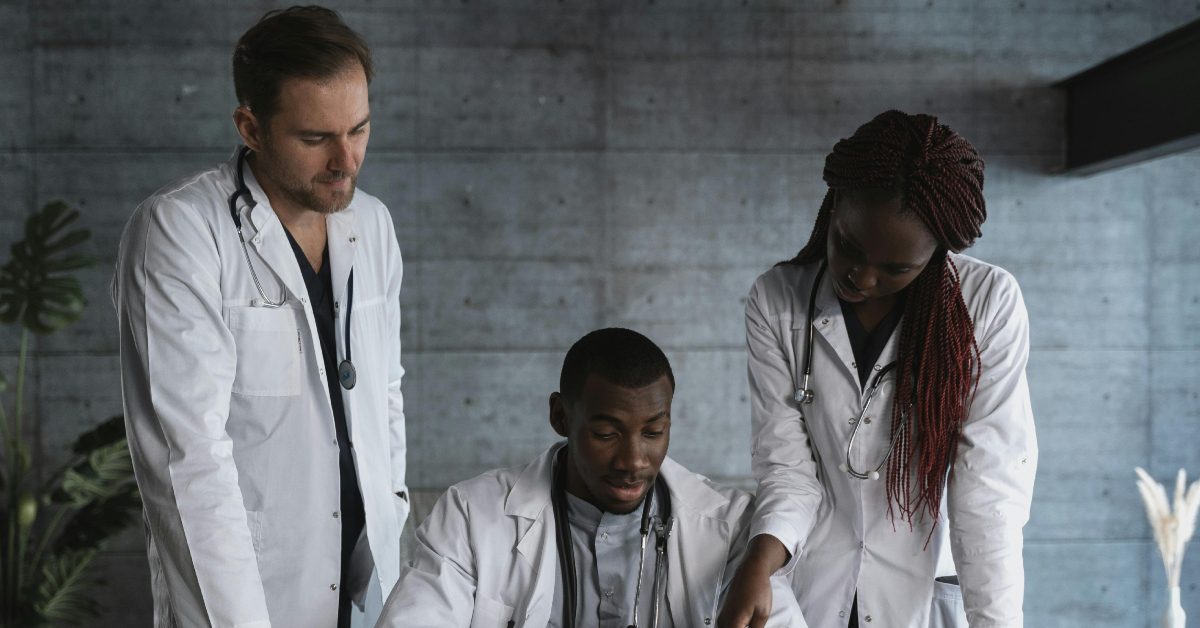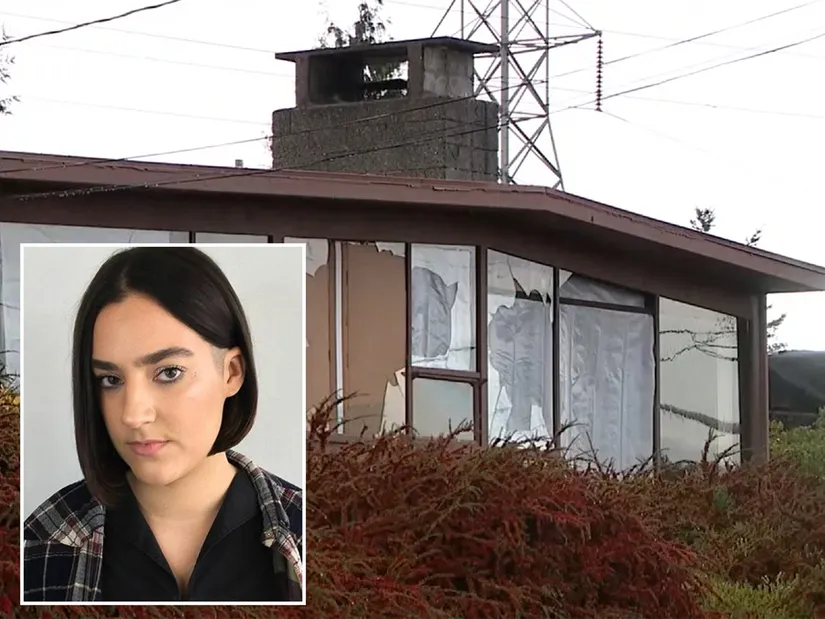BY: Ashley Blackwell
Published 3 months ago

Better safe than sorry! Here’s what you need to know about the Mpox public health emergency.
If you weren’t aware, Mpox (formerly monkeypox) is a now-widespread viral disease that is concurrent in humans and animals. The highly contagious condition (first commonly seen in Central and Western Africa) is a rare infection caused by a virus within the genus Orthopoxvirus. It is grouped in the same association as smallpox, another variola virus that reportedly killed nearly 300 million people in the 20th century.
According to the CDC (Centers for Disease Control and Prevention), symptoms of the dangerous illness may include a fever, chills, swollen lymph nodes, fatigue, muscle aches, back pain, headache, and respiratory issues (sore throat, nasal congestion, cough). They often begin within 17 days after exposure and last two to four weeks. Pimples or blisters on the hands, feet, chest, face, mouth, or around the genitals are the most common indicators of early-stage Mpox. As the bacteria grow, the individual’s lesions could become painful or itchy before the rash scabs.
Per the CDC, there are two types of Mpox: Clade I (more severe) and Clade II (less severe), which spawned a global outbreak in 2022 after being endemic in Central/Western Africa since the 1970s. Clade II saw over 95,000 victims in 115 countries. Harvard Health Publishing said the United States of America had more than 30,000 alone, with around 60 deaths.
In August 2024, the World Health Organization (WHO) declared a Public Health Emergency of International Concern regarding increased cases in the Democratic Republic of the Congo and its sibling countries. One of mpox’s more aggressive subvariants, clade Ib, has surged through the Congo and surrounding locations. The New England Journal of Medicine cited that almost 20,000 cases and 15,000 deaths have been recorded.
“The emergence of a new clade of Mpox, its rapid spread in eastern DRC, and the reporting of cases in several [neighboring] countries are very worrying,” WHO Director-General Dr. Tedro Adhanom Ghebreyesus expressed. “On top of outbreaks of other Mpox clades in DRC and other countries in Africa, it’s clear that a coordinated international response is needed to stop these outbreaks and save lives.”
As told by the CDC, the Biden-Harris administration had been “closely monitoring the spread of Mpox” in preparation, although (at the moment) the risk in the States is low.

The Transmission of Mpox: How Does It Spread?
Mpox is transmitted through close contact with an infected wild animal, sexual involvement with someone carrying the virus, or interaction with contaminated objects/fabrics.
Because of this, the CDC highly recommends avoiding touching, kissing, or engaging in any in-depth acts of intimacy with a person who’s suffering from Mpox, as germs and bodily fluids from the wounds could easily transfer the disease.
It was initially believed that the transmission rate was higher among gay/bisexual men. An excerpt from an article by Fenway Health reads, “The current outbreak of monkeypox in Europe and North America appears to be related to two raves held recently in Spain and Belgium and attended primarily by gay men, according to David Heymann, Professor of Infectious Diseases at the London School of Hygiene and Tropical Medicine, and an advisor to the World Health Organization. The virus was likely transmitted via sexual contact, Heymann theorized.”
However, analyses have since determined that anyone (regardless of sexual preference) could be affected.

Ways to Protect Yourself Amid the Mpox Crisis
Taking precautionary measures to prevent contracting Mpox is important, even if the numbers aren’t as high in your area yet. This action is (especially) vital if you’re a frequent traveler. These are a few tips to keep in mind:
- Keep your hands washed, whether through soap and water or hand sanitizer.
- Use disinfectant spray on surfaces in and out of the house.
- Prohibit being around humans/animals who are knowingly infected.
- Don’t expose yourself to places or items that mpox carriers have been in contact with.
- If you are at extreme risk, research and check out the provided vaccines in your locale (JYNNEOS became available in the U.S. in April 2024).
After learning what you need to know about the Mpox public health emergency, what steps will you take to keep yourself and your loved ones safe? Comment below!









